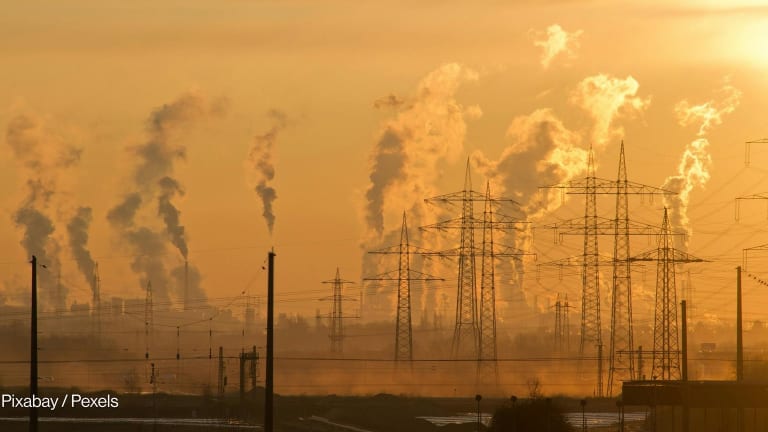When an extreme weather event like 2009’s Typhoon Ketsana, locally known in the Philippines as Typhoon Ondoy, kills hundreds of people, and causes billions of dollars of damage to infrastructure, the links between climate change and health are painfully apparent. But the longer-term health impacts may be obscured.
Anyone working in the field will know from experience that many disaster victims get sick and die long after the skies have cleared and the television crews gone home — often succumbing to common diseases that were previously under control. Poor hygiene and sanitation, scarcity of drinking water and disruption to health services inevitably lead to an increase in mortality and morbidity, particularly among vulnerable groups such as the very young and very old.
Productivity in the workforce declines as disability, disease and hunger take their toll, which can result in long-term economic depression.








